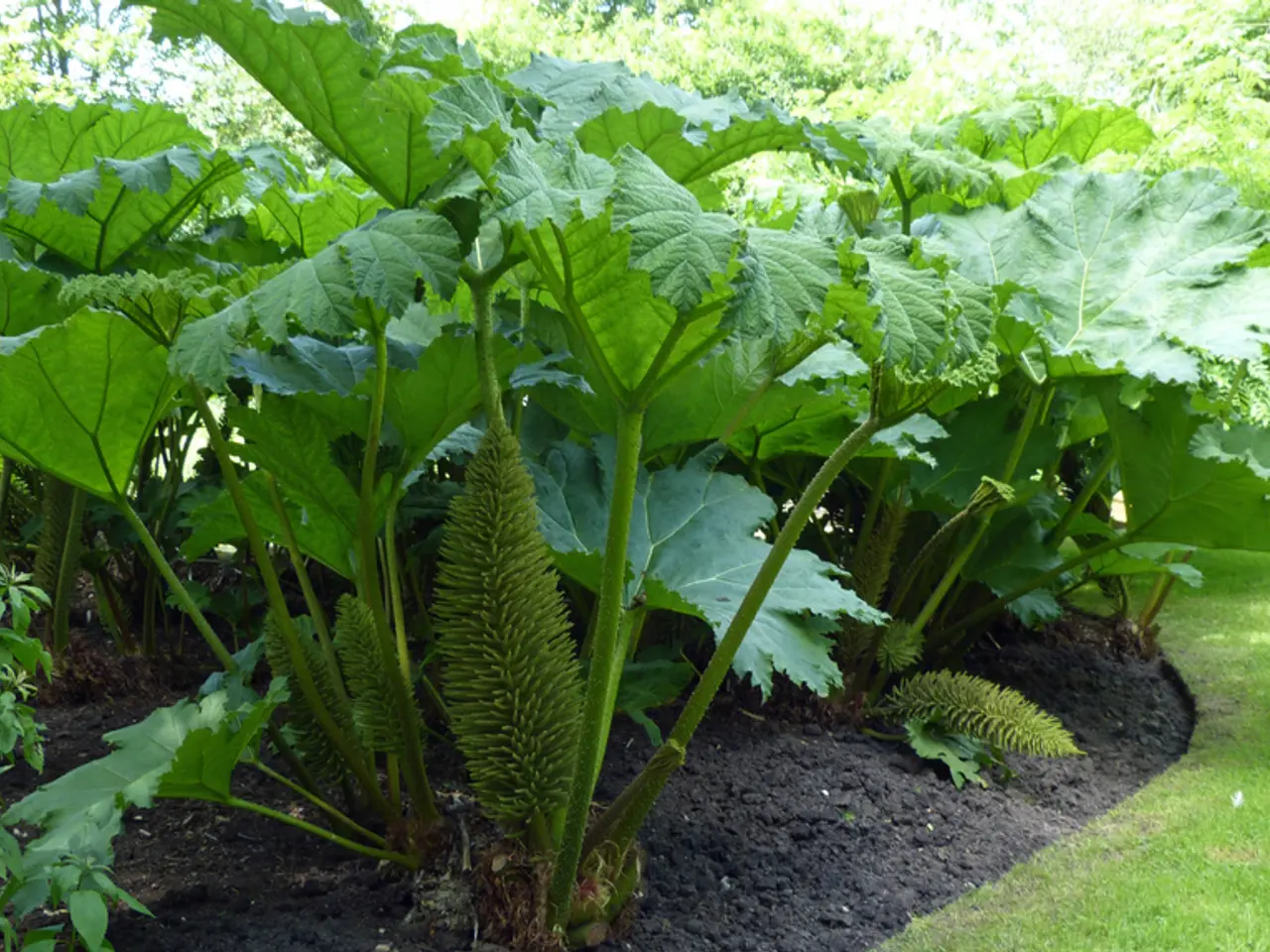Delving into the Mysteries of the Natural World: A Deep Dive into Plant and Soil Research
In the heart of our planet lies a vital, often overlooked, yet integral component - soil. The interplay between soil and plants forms the basis of life as we know it, and the study of this intricate relationship is at the forefront of Plant and Soil Science.
This multidisciplinary field, encompassing biology, chemistry, and environmental science, offers a comprehensive education in the biological, chemical, physical, and environmental aspects of plants and soils. The core subjects of a Plant and Soil Science bachelor's program include Plant Biology, Soil Science, Agronomy, Horticulture, Environmental and Ecosystem Sciences, Research and Field Work, Electives, and Specializations.
Plant Biology delves into cellular biology, genetics, genomics, molecular biology, physiology, and microbial interactions that affect plant function and growth. Soil Science, on the other hand, focuses on soil composition, classification, health, physical and chemical properties, soil fertility, soil management, and soil interactions with plants and the environment.
Agronomy is concerned with crop production, soil management, plant pathology, weed science, and sustainable practices to enhance agricultural yields while maintaining soil and environmental health. Horticulture, a significant part of the field, includes sustainable landscape management, fruit and vegetable production, plant propagation, and disease management in plants.
Environmental and Ecosystem Sciences explore soil, water, and ecosystem interactions in various environments, often involving aspects of environmental conservation, water science, and sustainability practices. The program also emphasises research and field work, training students in conducting soil and plant research, collecting and analysing soil samples, mapping soil types, and experimental design to improve crop and soil management.
Students can tailor their expertise by choosing electives in fields such as biology, botany, chemistry, earth science, environmental science, hydrology, geography, economics, policy, geospatial analysis (GIS), and statistics. Common concentration options include Crop Science, Soil Science, and Horticultural Science, sometimes with an environmental emphasis, to equip students with targeted skills for different career paths.
Graduates of Plant and Soil Science programs are well-prepared to address challenges like improving crop yield, promoting sustainable agriculture, managing soil health, mitigating environmental impacts, and conserving natural resources. Career opportunities in this field include agricultural research, crop consulting, agricultural production, nursery management, soil conservation, and research in biotechnology, environmental consulting, and pest management.
Moreover, the intersection of horticulture and soil science is crucial for sustainable crop production. Digital soil mapping, a modern approach that utilises geospatial techniques, geographic information systems (GIS), and remote sensing software, is a significant tool in this regard.
Water plays a vital role in the soil-plant system, influencing soil formation, providing a medium for plant growth, and regulating soil temperature, while playing a vital role in the transport and availability of nutrients in the soil. Minerals, as inorganic components of the soil, are essential for plant growth and development.
Soil classification, the process of categorising soils based on their characteristics and properties, provides a standardised system for describing and organising soils. Soil maps, valuable tools in agriculture, forestry, construction, environmental conservation, research, and education, offer insights into crop health, soil changes, site selection, land degradation, and soil distribution.
Soil scientists play a crucial role in protecting, enhancing, and maintaining the health of the environment, working to ensure that soil is used effectively and sustainably for various ecological and human functions. Their focus on soil management and land use is instrumental in researching, analyzing, and providing recommendations for soil management and land use.
In conclusion, a bachelor's degree in Plant and Soil Science offers a comprehensive education, combining theoretical knowledge with practical skills, preparing students for a wide range of careers in research, biotechnology, agriculture, environmental consulting, and pest management. The study of this field equips individuals with the tools necessary to address the challenges of sustainable agriculture and environmental conservation, ensuring a greener and healthier future for all.
- The study of Nutrition within a Plant and Soil Science program focuses on understanding soil composition, mineral content, and interactions, as they affect plant growth and development, thus ensuring optimal plant health.
- In the realm of Health-and-Wellness, fitness-and-exercise can benefit greatly from the knowledge of Plant and Soil Science as it offers insights into organic produce and sustainable farming practices, promoting healthier food choices and the enhancement of physical well-being.




